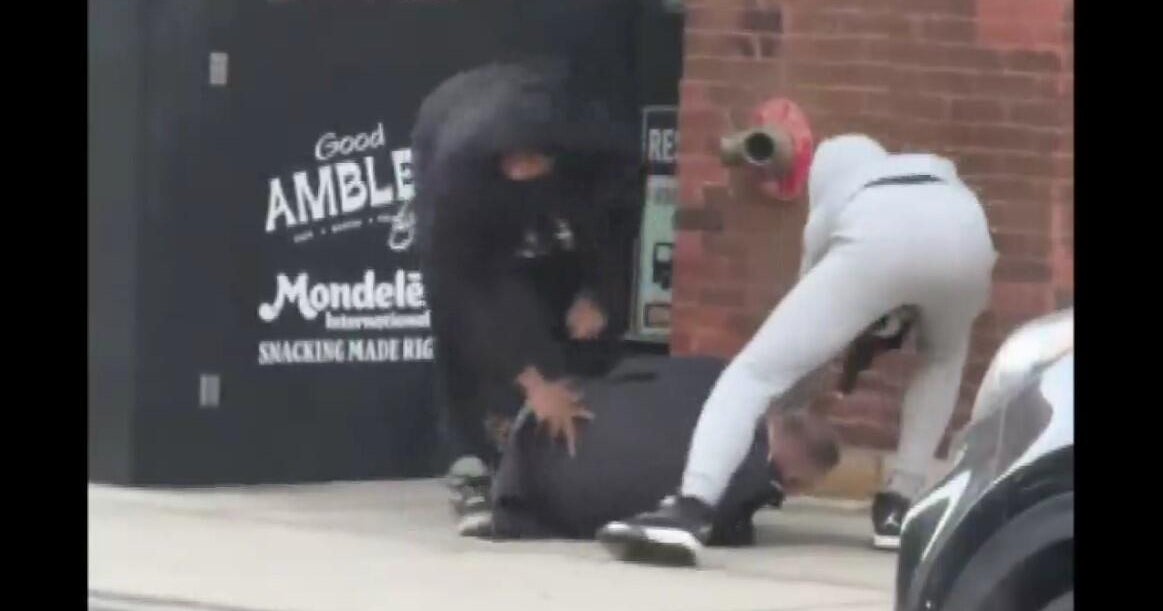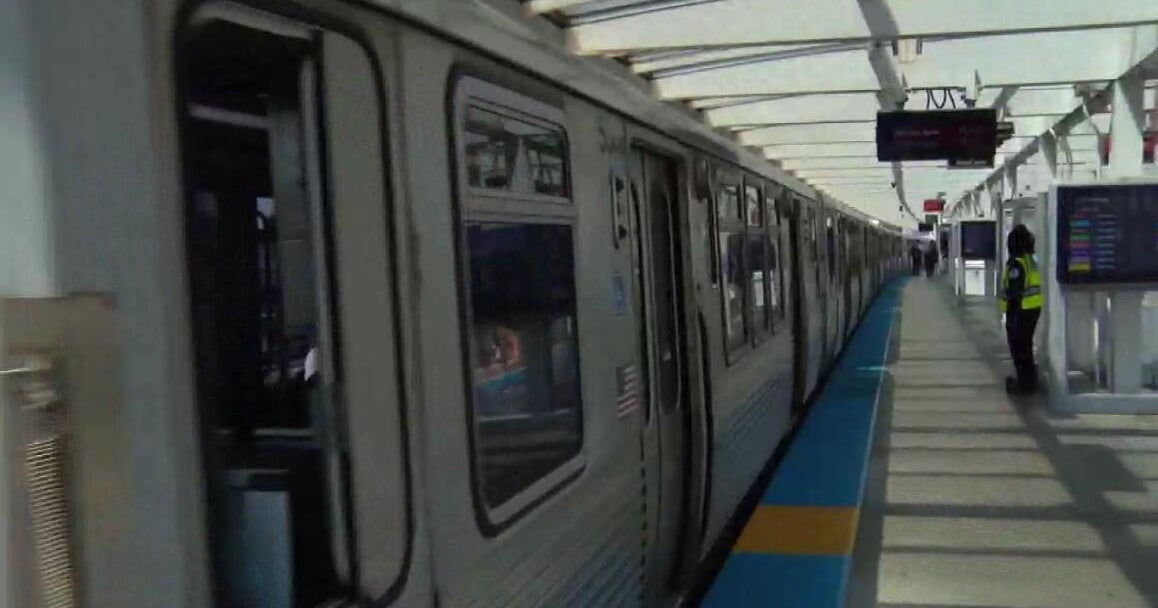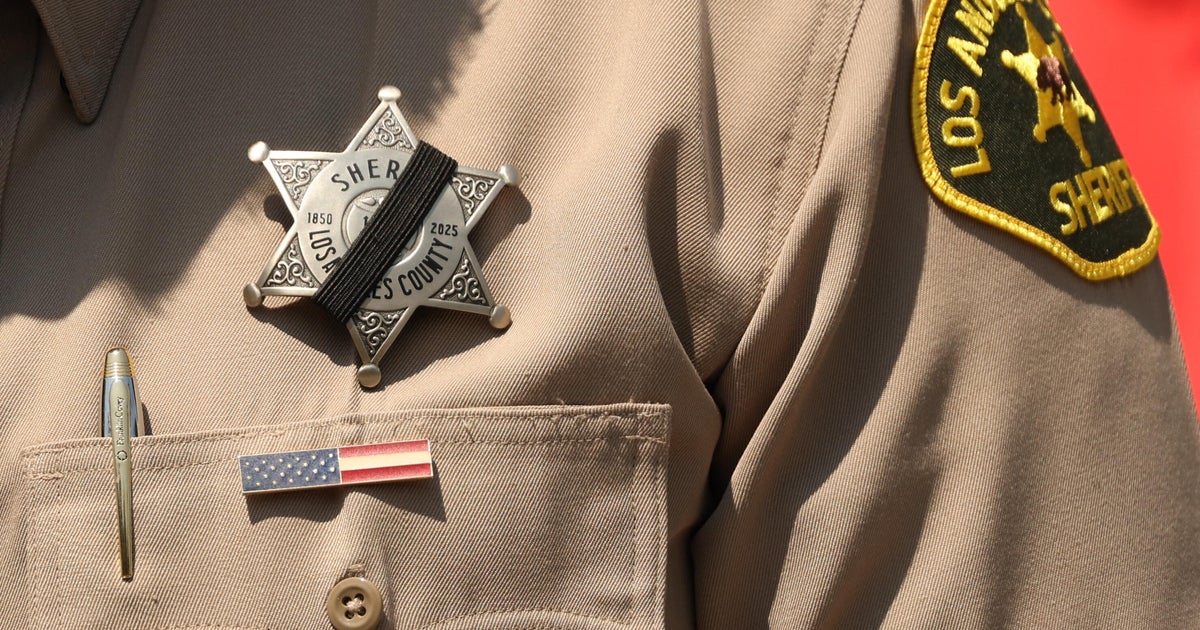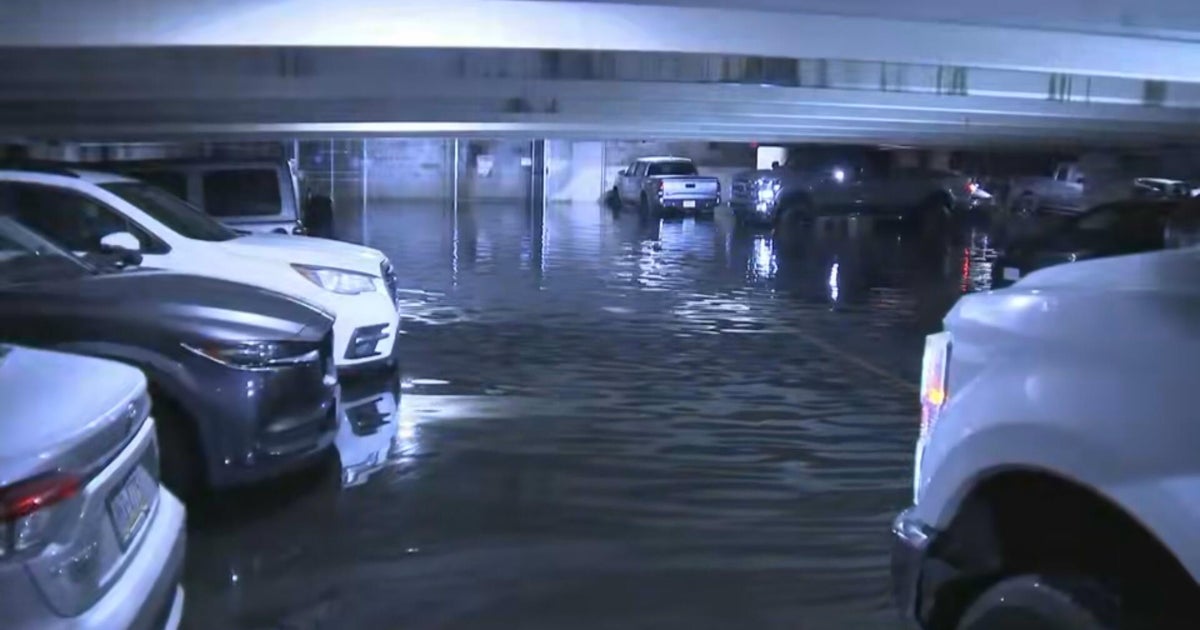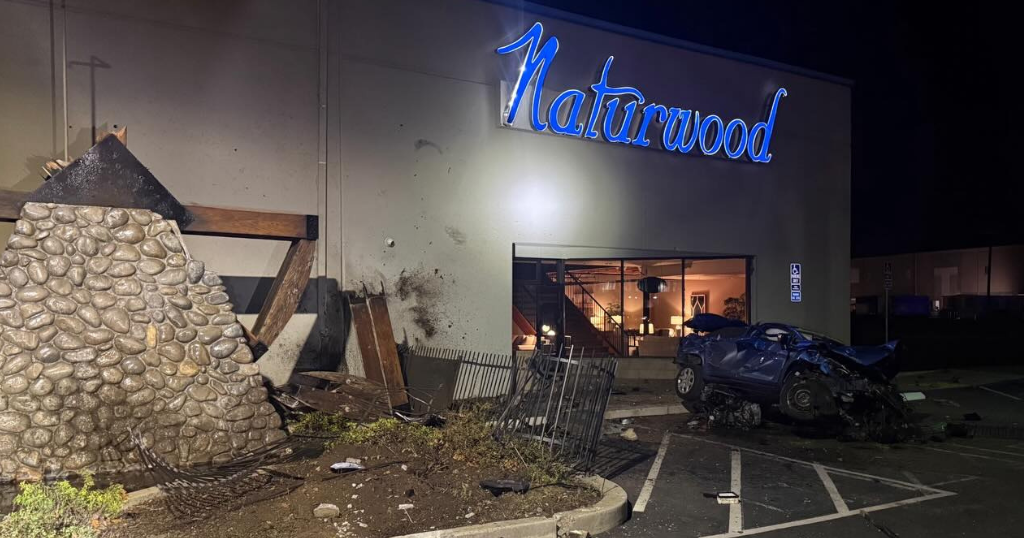Keller @ Large: Don't Expect Significant Anti-DUI Legislation Next Year
BOSTON (CBS) - The start of the new year next week will bring the start of another session on Beacon Hill. And among the more closely-watched bills will be important public safety legislation that's been pending for years but may not have much hope of passing.
Ask gun enthusiasts or business owners and they'll tell you we live in one of the most heavily-regulated states in the country. But when it comes to even modest efforts to curb dangerous drunk drivers, it's an entirely different story.
For instance, Utah takes drunken driving so seriously, they're about to become the nation's first state to ban driving with a blood alcohol content of more than .05%, well below the current Massachusetts maximum of .08. Studies show impairment kicks in even before .05 - most states, including ours, set the limit for commercial vehicle drivers at .04.
"We really don't want people making the call for themselves," says Utah State Rep. Norm Thurston, who's been promoting the .05 standard. "We don't want them saying, 'well I've had some to drink and I know I'm a little bit impaired but I don't know if I'm too impaired to drive or not.' Reality is if you've been drinking, you are impaired at least a little bit and you shouldn't be driving."
But don't look for that - or any significant anti-DUI legislation - to get very far on Beacon Hill in 2019.
Just ask Sarah Carmichael, a driver seriously injured after a drunk driver ran a red light and totaled her car awhile back. She testified at the State House on behalf of a bill making us the 49th state to use ignition interlock devices to make sure past DUI offenders don't get back behind the wheel while impaired.
"It doesn't really make any sense to me that something like this wouldn't be in place to protect people," she told WBZ's Breana Pitts afterwards.
But the bill went nowhere in 2018, and four other bills aimed at protecting us from drunk drivers were all referred for "study" - Beacon Hill talk for getting shelved.
"If there are fewer people driving after they drink, there will be fewer crashes, fewer injuries and fewer deaths," says Utah's Rep. Thurston.
But between the longstanding clout of defense lawyer-legislators and their lobbyist cronies who prefer not to legitimize any form of Breathalyzer-style technology and general public apathy and resistance to stricter drunk-driving laws, expect inertia to continue to triumph over common sense and public safety.

